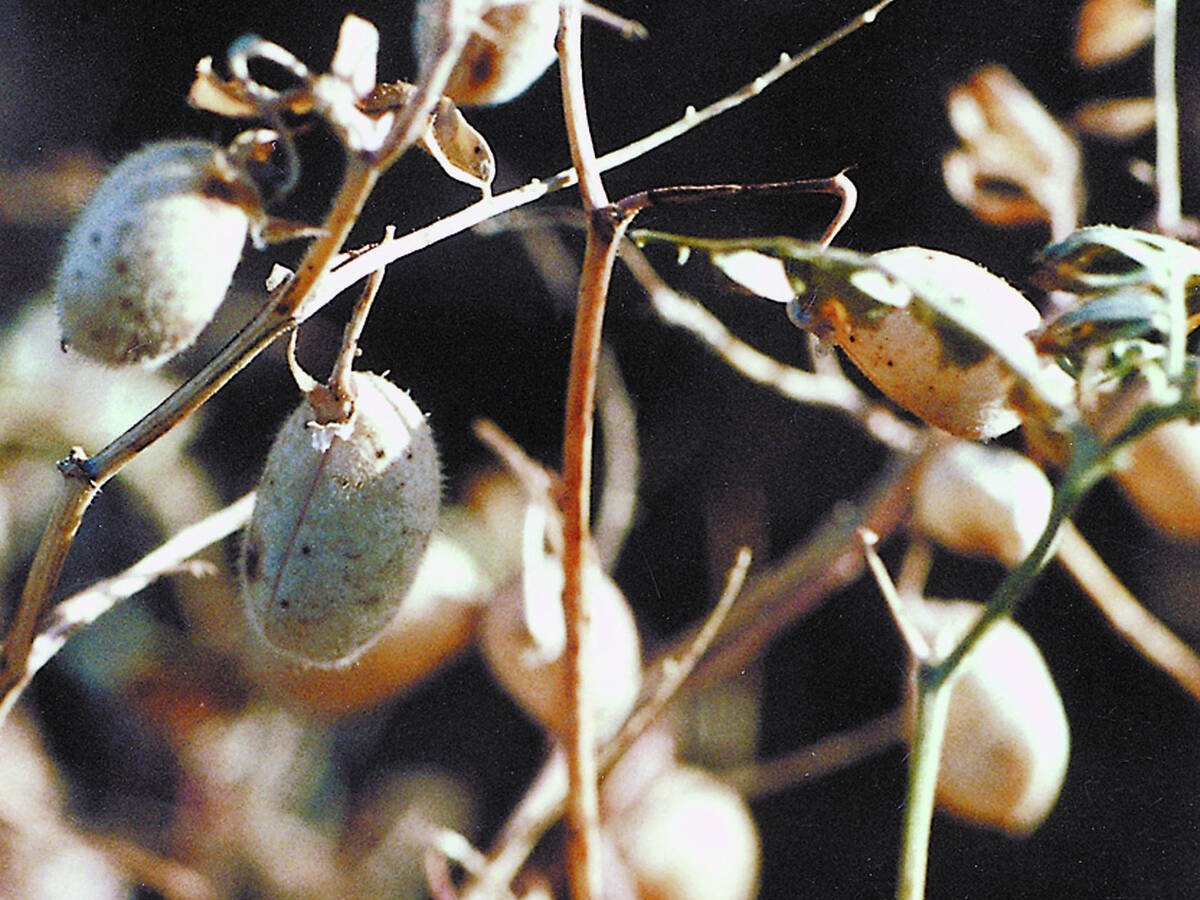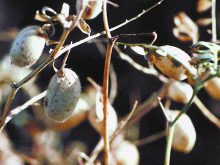One week before Christmas, the axe came down on half the pregnant mare’s urine farms in the industry.
But even though more than 130 PMU farm families will be out of the business after the winter urine season is completed, they are happy to at least know what the future will look like.
“It’s exactly what everyone wanted. They wanted to know as soon as possible, regardless of the holiday,” said Norm Luba, executive director of the North American Equine Ranching Information Council, which represents PMU producers.
Read Also

Chickpea harvest forecasts see big disparity
Chuck Penner is forecasting 345,000 tonnes of chickpeas but a trader thinks the real number is closer to 500,000 tonnes.
“Since October people have been on pins and needles.”
On Dec. 17, Wyeth Canada, which manufactures drugs using premarin extracted from PMU, began calling PMU producers to tell them either bad or good news.
For 134 of the industry’s 264 remaining producers, it was bad news. In October, the company announced that it was cutting its production base to 264 farms from 409, and said that it would likely have to eliminate more. The industry will now have 80 producers in Manitoba, 20 in Saskatchewan, 20 in Alberta and 10 in North Dakota.
Luba said farmers wanted to know as soon as possible whether their contracts would be continued for the 2004-05 season. They didn’t want to wait until May, when the company usually announces its coming production needs.
Wyeth Canada spokesperson Theordora Samiotis said her company has analyzed demand potential and believes the base of 130 producers is sustainable.
She said the company does not plan to close the urine processing plant in Brandon, although it has reduced its workforce there.
She added the company does not plan to phase out PMU production.
“We’re committed to Premarin and Premarin products,” said Samiotis.
The PMU industry went into a tailspin after a scientific study concluded that the use of Premarin could encourage the growth of some cancers in women.
Up to that point the industry had grown quickly, as menopausal and post-menopausal women began using Premarin-based drugs to relieve various symptoms.
Since the study, many women have stopped taking Premarin-based drugs, and Wyeth has formulated reduced doses for those still using it.
Both of these factors have led to less need for Premarin, and therefore less need for PMU and its producers.
Samiotis said it wasn’t easy to tell people right before Christmas that the company wouldn’t need them any more.
“We appreciate the impact this is having on the family farms we work with, some of whom are in their second or third generation with us,” said Samiotis.
But Luba said farmers are grateful that they can head into the new year knowing what is in store for them.
“We asked them to do this as soon as possible so they could make appropriate plans,” said Luba.
“The company did exactly what we wanted them to do.”















